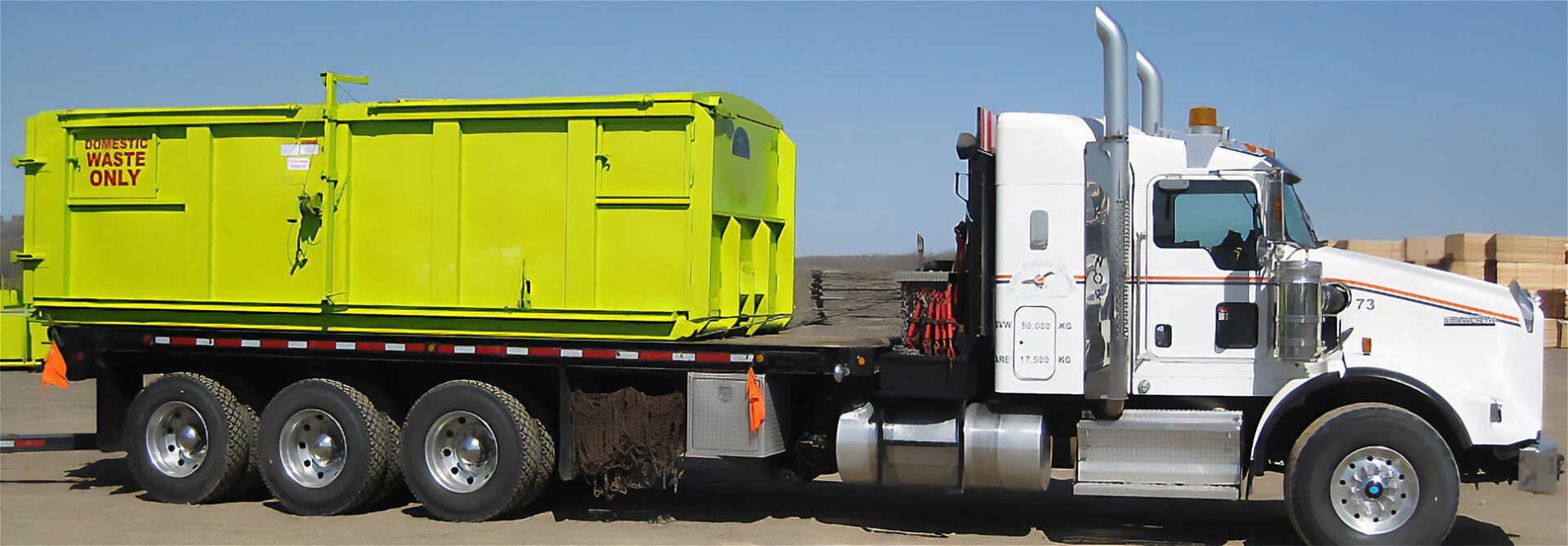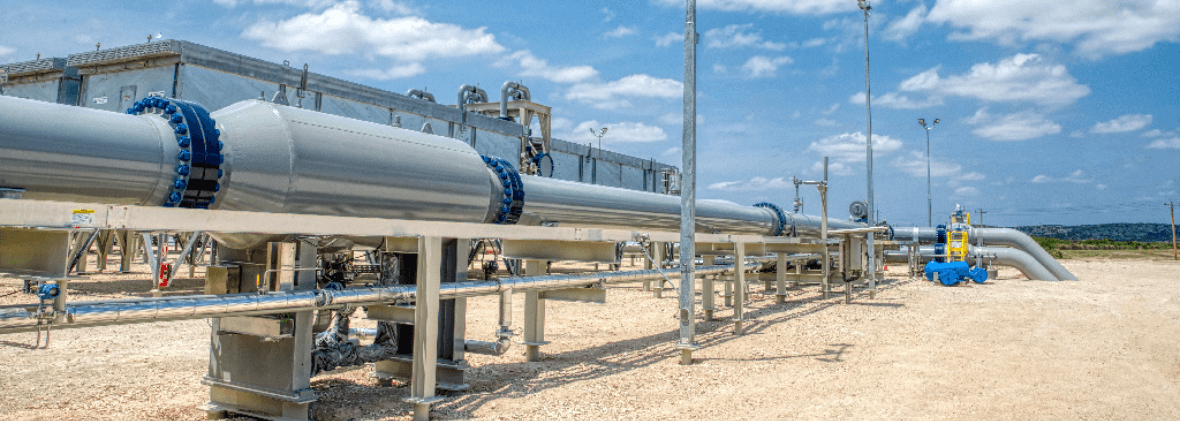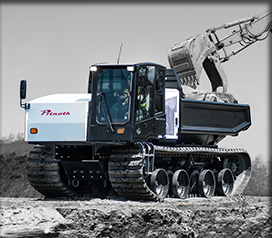Superior rentals squeeze tools: key safety tips for technicians
Wiki Article
A Comprehensive Overview to the Various Types of Oil Field Equipment and Pipeline Equipment Available
The oil and gas industry counts heavily on customized equipment for effective removal and transport. Numerous sorts of machinery, from drilling rigs to storage tanks, play essential functions in this complicated process. Each item of equipment offers distinct features that add to overall operational success. Understanding these components is necessary for any individual associated with the field. As the sector progresses, so as well do the innovations that support it. What developments are on the horizon?
Drilling Rigs: The Backbone of Oil Expedition
Drilling rigs work as the crucial machinery in the domain name of oil expedition, enabling business to access hydrocarbon gets buried deep below the Planet's surface area. These rigs are available in numerous kinds, including land rigs, offshore rigs, and mobile systems, each made to operate in particular settings. Outfitted with advanced innovation, piercing rigs can pass through geological formations with precision, guaranteeing effective source extraction. The structural stability and operational abilities of these rigs are critical, as they should stand up to severe conditions and significant stress. Additionally, the choice of an exploration rig influences the overall job price and timeline, making it an essential consideration for oil business looking for to enhance their expedition initiatives and maximize productivity in their operations.Pumps: Vital for Fluid Movement
In the oil extraction procedure, the duty of pumps is considerable, helping with the motion of fluids throughout numerous phases of manufacturing. Pumps are vital for carrying petroleum, water, and other fluids from below ground storage tanks to the surface area and after that with pipelines to refineries. They come in numerous kinds, including centrifugal, favorable variation, and submersible pumps, each offering certain functions based on the liquid attributes and operational needs. Centrifugal pumps are frequently used for their efficiency in high-flow applications, while favorable displacement pumps excel in taking care of viscous liquids. The option of pump impacts total effectiveness, functional security, and maintenance costs. Correct choice and upkeep of pumps are important for maximizing production and minimizing downtime in oil area operations.Shutoffs: Controlling Flow and Pressure

Valves play a crucial duty in taking care of the flow and pressure of fluids within oil fields and pipelines. Numerous sorts of shutoffs serve distinct applications, each developed to meet details functions fundamental for efficient procedure - Superior Oilfield Rentals oilfield. Comprehending the attributes and usages of these valves is crucial for enhancing system efficiency and safety
Sorts of Valves
Vital elements in oil field operations, valves play an important function in managing the flow and pressure of liquids within pipes and equipment. Various kinds of shutoffs are made use of to satisfy the diverse needs of oil and gas production. Usual types include gateway valves, which offer a straight-line flow and minimal stress decline; globe shutoffs, understood for their throttling capabilities; and round shutoffs, acknowledged for their quick on/off control. Additionally, check shutoffs stop backflow, while butterfly valves supply a light-weight option for regulating circulation. Each shutoff type is designed with details materials and configurations to withstand the rough problems typically found in oil areas, making sure reliability and performance in procedures. Understanding these kinds is vital for effective system monitoring.Valve Applications and Functions
While various sorts of valves serve unique purposes, their key applications revolve around controlling circulation and pressure within oil and gas systems. Valves such as gateway, world, and sphere shutoffs control liquid motion, ensuring peak performance and safety and security. Gateway valves are commonly used for on/off control, providing very little circulation resistance. Globe shutoffs, on the various other hand, offer specific flow guideline, making them appropriate for strangling applications. Round shutoffs are preferred for their fast procedure and limited sealing abilities. On top of that, stress relief shutoffs are important for stopping system overpressure, safeguarding tools integrity. Generally, the suitable option and application of shutoffs enhance functional effectiveness, making certain the trusted transportation of oil and gas through pipes and handling centers.Compressors: Enhancing Gas Transportation
Compressors play an essential function in the reliable transportation of natural gas, guaranteeing that it relocates efficiently via pipes over cross countries. These devices boost the stress of all-natural gas, permitting it to overcome friction and elevation changes within the pipeline system. Furthermore, compressors assist in the harmonizing of supply and need, fitting variations in intake and manufacturing prices. Numerous kinds of compressors are used in the sector, consisting of centrifugal, reciprocating, and rotating screw compressors, each offering distinctive benefits based on the operational demands. Routine maintenance of these compressors is vital to maximize efficiency and minimize downtime, ultimately adding to a reliable gas transportation network. Their essential feature emphasizes the relevance of compressors in the general oil and gas infrastructure.Storage Tanks: Safe and Efficient Liquid Monitoring
Reliable transport of natural gas counts on different support group, one of which is the correct administration of tank. These tanks play an essential duty in securely including liquids, making sure that operational efficiency is kept while lessening environmental dangers. Created from long lasting materials, they are developed to withstand high stress and destructive elements. Appropriately sized and tactically situated, storage containers assist in the smooth construction equipments flow of all-natural gas and other fluids, stopping bottlenecks in supply chains. Normal maintenance and surveillance are crucial to spot leakages or structural concerns, promoting safety and security and compliance with governing standards. Eventually, the effective administration of storage space tanks is essential for the general honesty and reliability of the oil and gas market's liquid handling systems.
Pipeline Solutions: Framework for Transportation
Pipeline systems act as the foundation of the oil and gas industry, assisting in the reliable transportation of hydrocarbons over huge ranges. These systems contain various parts, consisting of pipes, valves, pumps, and compressors, all thoroughly designed to ensure smooth circulation. The products used in pipeline building, frequently steel or high-density polyethylene, are picked for resilience and resistance to rust. Pipeline networks can extend throughout land and water, attaching manufacturing sites to refineries and circulation. Additionally, advanced technology allows real-time tracking of circulation prices and stress degrees, improving functional performance. The strategic placement of these pipelines minimizes environmental influence while making the most of resource ease of access, therefore playing an important function in meeting energy demands globally.Safety Equipment: Ensuring Employee and Environmental Management
The procedure of pipeline systems, while crucial for power transport, likewise provides considerable safety challenges for employees and the setting. Security devices plays a significant role in minimizing these risks. Individual safety devices (PPE) such as helmets, handwear covers, and non-slip shoes safeguards workers from physical hazards. In addition, gas discovery systems keep track of for leaks, making certain that dangerous compounds do not pose a hazard to workers or the surrounding ecosystem. Emergency situation shutdown systems are important for quickly stopping operations throughout a dilemma, avoiding possible catastrophes. Spill containment products, including absorbents and obstacles, are fundamental for lessening environmental influence. In general, purchasing comprehensive security tools is essential for preserving functional integrity and shielding both workers and the setting in the oil and gas sector.
Regularly Asked Inquiries
How Do I Choose the Right Oil Field Equipment for My Project?
Choosing the right oil field equipment involves assessing job specs, budget plan restrictions, and operational demands. Think about elements such as devices dependability, compatibility with existing systems, and the provider's credibility to guarantee peak performance and safety.What Are the Upkeep Needs for Oil Field Equipment?
Upkeep requirements for oil field equipment consist of normal examinations, lubrication, and prompt repair work. Operators ought to also stick to directory manufacturer guidelines, display performance metrics, and assurance compliance with safety policies to enhance longevity and performance.
Just How Can I Guarantee Conformity With Environmental Rules?
To guarantee compliance with ecological regulations, companies need to perform regular audits, carry out best practices, purchase training, keep correct documentation, and stay updated on regulation (Superior rentals squeeze tools). Collaboration with environmental agencies can likewise improve adherence to guidelinesWhat Is the Ordinary Life-span of Pipeline Equipment?
The ordinary life-span of pipeline equipment generally ranges from 20 to 50 years, depending upon elements such as material high quality, environmental conditions, and maintenance practices. Regular inspections can significantly influence longevity and operational efficiency.How Do I Securely Transport Oil Field Equipment to Remote Locations?
Transporting oil field tools to remote areas calls for official website cautious planning, including route analysis, safeguarding licenses, utilizing suitable cars, and ensuring safety methods are complied with. Appropriate training and communication amongst teams are necessary for effective transportation.Report this wiki page